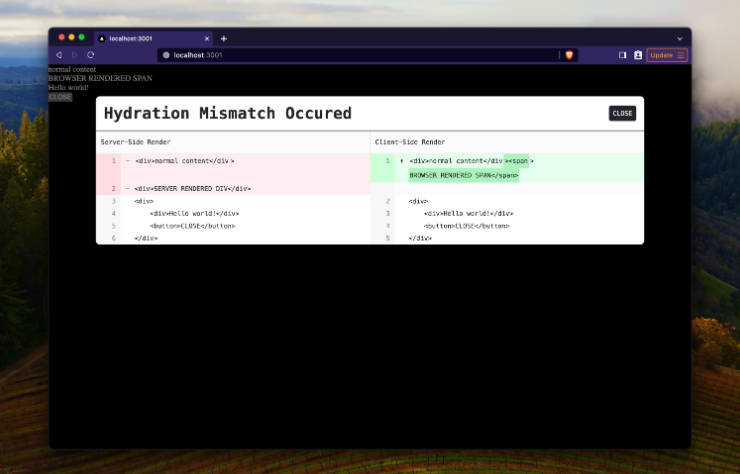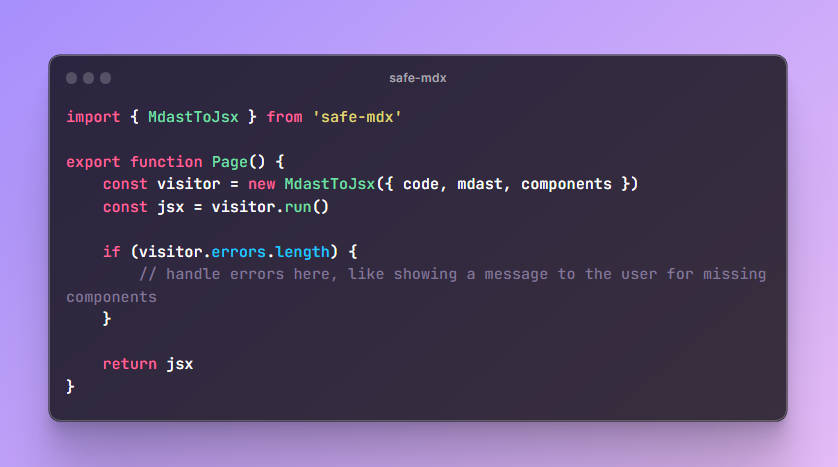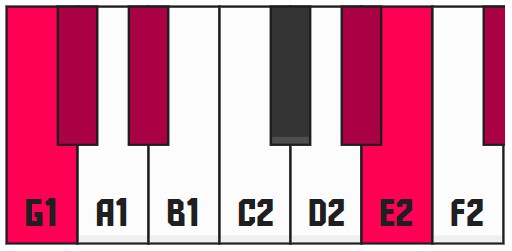rich-text-solid-renderer
Solid-js renderer for contentful rich text.
Installation
Using npm:
npm install rich-text-solid-renderer
Using yarn:
yarn add rich-text-solid-renderer
Usage
import {ParentComponent} from 'solid-js';
import SolidRichText from 'rich-text-solid-renderer';
const document = {
nodeType: 'document',
data: {},
content: [
{
nodeType: 'paragraph',
data: {},
content: [
{
nodeType: 'text',
value: 'Hello world!',
marks: [],
data: {}
},
],
},
],
};
const Parent: ParentComponent = (props) => {
return <SolidRichText document={document}/>
}; // -> <p>Hello world!</p>
import {ParentComponent} from 'solid-js';
import SolidRichText from 'rich-text-solid-renderer';
const document = {
nodeType: 'document',
content: [
{
nodeType: 'paragraph',
content: [
{
nodeType: 'text',
value: 'Hello',
marks: [{ type: 'bold' }],
},
{
nodeType: 'text',
value: ' world!',
marks: [{ type: 'italic' }],
},
],
},
],
};
const Parent: ParentComponent = (props) => {
return <SolidRichText document={document}/>
};
// -> <p><b>Hello</b><u> world!</u></p>
You can also pass custom renderers for both marks and nodes as an optional parameter like so:
import { BLOCKS, MARKS } from '@contentful/rich-text-types';
import {ParentComponent} from 'solid-js';
import SolidRichText, { NodeRendererProps } from 'rich-text-solid-renderer';
const document = {
nodeType: 'document',
content: [
{
nodeType: 'paragraph',
content: [
{
nodeType: 'text',
value: 'Hello',
marks: [{ type: 'bold' }],
},
{
nodeType: 'text',
value: ' world!',
marks: [{ type: 'italic' }],
},
],
},
],
};
const Bold = (props) => <p className="bold">{props.children}</p>;
const Text = (props) => <p className="align-center">{props.children}</p>;
const options = {
renderMark: {
[MARKS.BOLD]: props => <Bold>{props.children}</Bold>,
},
renderNode: {
[BLOCKS.PARAGRAPH]: (props) => <Text>{props.children}</Text>,
},
renderText: text => text.replace('!', '?'),
};
const Parent: ParentComponent = (props) => {
return <SolidRichText document={document} option={options}/>
};
// -> <p class="align-center"><p class="bold">Hello</p><u> world?</u></p>
Last, but not least, you can pass a custom rendering component for an embedded entry:
import { BLOCKS } from '@contentful/rich-text-types';
import SolidRichText from 'rich-text-solid-renderer';
const document = {
nodeType: 'document',
content: [
{
nodeType: 'embedded-entry-block',
data: {
target: (...)Link<'Entry'>(...);
},
},
]
};
const CustomComponent = (props) => (
<div>
<h2>{props.title}</h2>
<p>{props.description}</p>
</div>
);
const options = {
renderNode: {
[BLOCKS.EMBEDDED_ENTRY]: (props) => {
return <CustomComponent title={props.node.data.target.fields.title} description={props.node.data.target.fields.description} />
}
}
};
const Parent: ParentComponent = (props) => {
return <SolidRichText document={document} option={options}/>
};
// -> <div><h2>[title]</h2><p>[description]</p></div>
The renderNode keys should be one of the following BLOCKS and INLINES properties as defined in @contentful/rich-text-types:
-
BLOCKSDOCUMENTPARAGRAPHHEADING_1HEADING_2HEADING_3HEADING_4HEADING_5HEADING_6UL_LISTOL_LISTLIST_ITEMQUOTEHREMBEDDED_ENTRYEMBEDDED_ASSET
-
INLINESEMBEDDED_ENTRY(this is different from theBLOCKS.EMBEDDED_ENTRY)HYPERLINKENTRY_HYPERLINKASSET_HYPERLINK
The renderMark keys should be one of the following MARKS properties as defined in @contentful/rich-text-types:
BOLDITALICUNDERLINECODE
The renderText callback is a function that has a single string argument and returns a React node. Each text node is evaluated individually by this callback. A possible use case for this is to replace instances of \n produced by Shift + Enter with <br/> React elements. This could be accomplished in the following way:
const options = {
renderText: (props) => {
return props.split('\n').reduce((children, textSegment, index) => {
return [...children, index > 0 && <br />, textSegment];
}, []);
},
};






